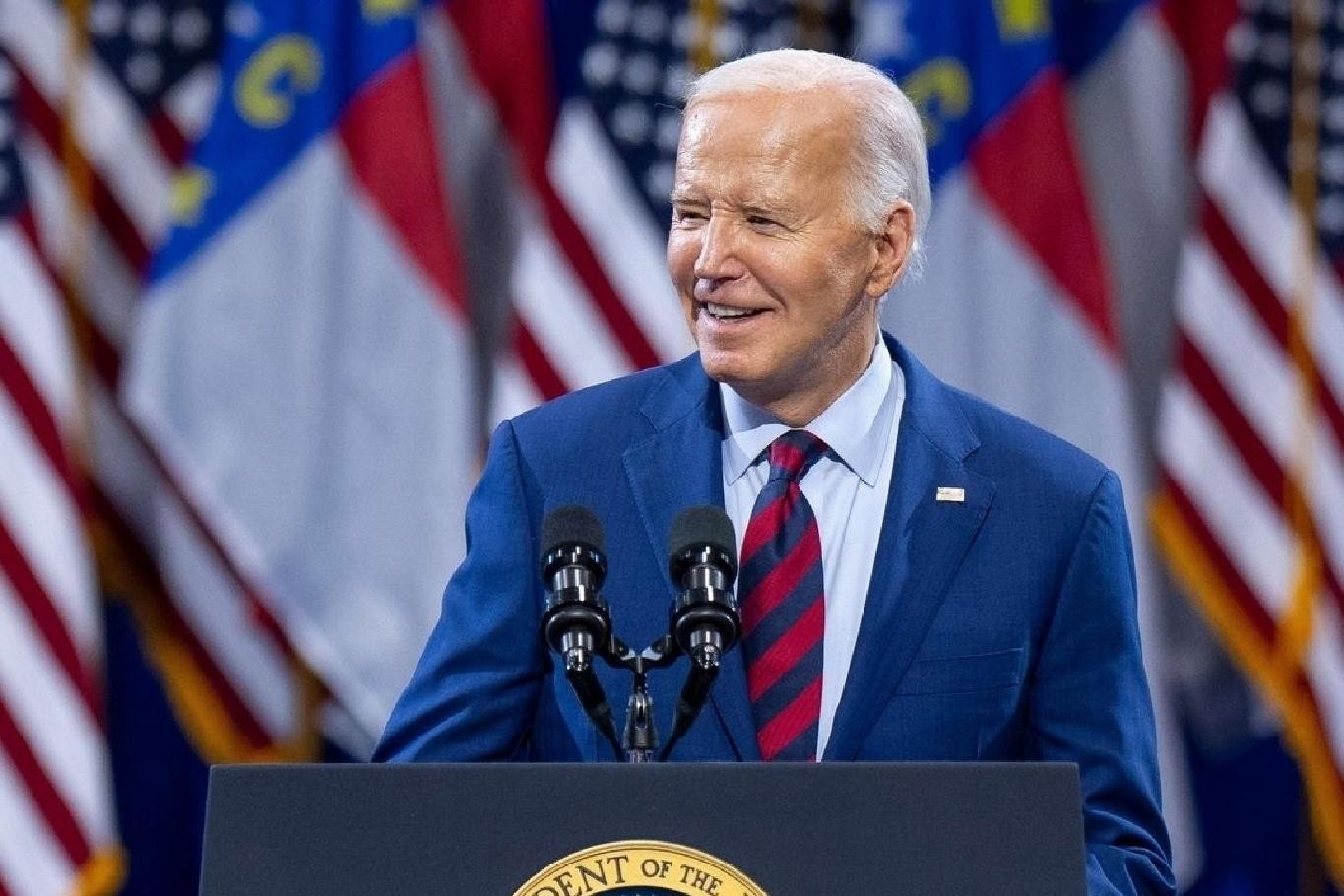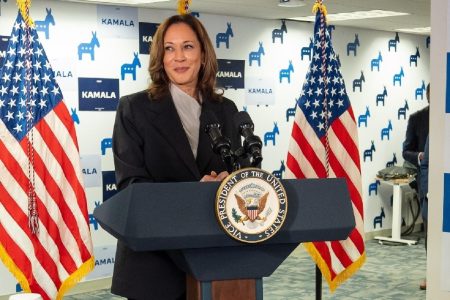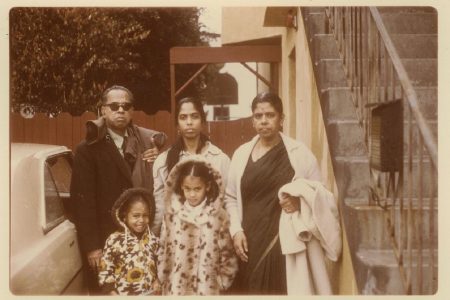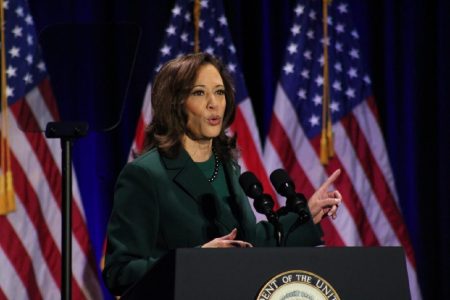
There has been a significant 19 percent decrease in support for incumbent President Joe Biden among Indian Americans from the 2020 election to the current 2024 election cycle, as reported by the bi-annual Asian American Voter Survey (AAVS), the longest-running survey of Asian-American voters, released on Wednesday.
Conducted by Asian and Pacific Islander American Vote (APIAVote), AAPI Data, Asian Americans Advancing Justice (AAJC), and AARP, the survey highlights that 46 percent of Indian Americans plan to vote for Biden this year, down from 65 percent in 2020. This drop of 19 percent is the largest among all Asian-American ethnic communities.
The survey, conducted before the June 27 presidential debate between Biden and Republican challenger Donald Trump, also reveals broader trends among Asian Americans. Currently, 46 percent of Asian Americans are likely to vote for Biden, an eight-point decrease since 2020, while 31 percent are inclined towards Trump, up one point since the previous election.
Despite the decrease in Biden’s support among Indian Americans, Trump’s favorability has only slightly increased from 28 percent in 2020 to 30 percent in 2024. Asian Americans have significantly grown in their role as eligible voters in the United States over the past two decades, increasing by 15 percent in the last four years alone and turning out in record numbers in federal elections since 2016. Their turnout, especially in battleground states, played a pivotal role in Biden’s victory in 2020.
The decline in Indian American support for Biden is particularly noteworthy given the community’s substantial presence in many battleground states. According to the survey, Biden holds a 55 percent favorability rating among Indian Americans, while Trump stands at 35 percent. Interestingly, both candidates share the same 42 percent unfavorability rating among Indian Americans.
Vice President Kamala Harris, the first Indian American and woman to hold the position, enjoys a 54 percent favorability rating among Indian Americans, with a 38 percent unfavorability rating. In contrast, former South Carolina governor and U.S. ambassador to the United Nations Nikki Haley has a favorability rating of only 33 percent, with 46 percent viewing her unfavorably, while 11 percent indicated they had not heard of Haley.
Karthick Ramakrishnan, executive director of AAPI Data, emphasized the evolving dynamics within the Asian-American electorate, highlighting shifts in presidential vote preferences and party affiliations on critical issues like inflation, healthcare, and immigration.









